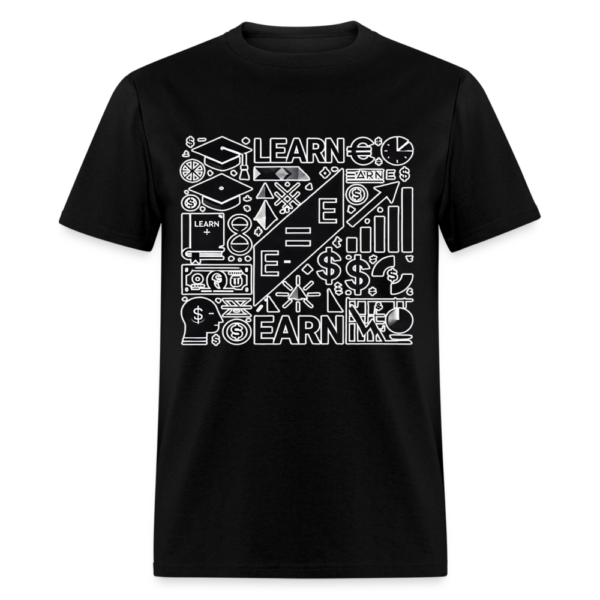
📌 Intro: The Dawn of a New Economic Era
The late 19th and early 20th centuries weren’t just about top hats and steam engines—they marked the Second Industrial Revolution, a seismic shift that redefined global economies. With breakthroughs in steel, electricity, oil, and mass production, this era birthed modern capitalism, created unimaginable wealth, and laid the groundwork for today’s tech-driven world. But who cashed in? Let’s dive into the economic goldmine of this revolution and the titans who ruled it.
💡 What Was the Second Industrial Revolution?
Spanning 1870 to 1914, the Second Industrial Revolution was fueled by:
- Steel (Bessemer process) 🏗️
- Electricity (Edison’s light bulb) 💡
- Oil (Rockefeller’s refineries) ⛽
- Assembly lines (Ford’s Model T) 🚗
- Telecommunications (Bell’s telephone) 📞
These innovations didn’t just change industries—they rewrote economic rules, enabling mass production, global trade, and corporate empires.
📈 The Economic Boom: By the Numbers
- U.S. GDP skyrocketed from $8.2 billion (1870) to $35 billion (1900) 📊.
- Global trade tripled between 1850–1913 🌍.
- Productivity surged by 40–60% in manufacturing sectors 🏭.
- Wages rose (but not equally)—skilled workers saw a 50% increase, while unskilled laborers stagnated 💔.
The U.S. and Europe became economic powerhouses, while colonies supplied raw materials under exploitative practices.
👑 Titans of Industry: The Men Who Profited Most
These moguls mastered the art of monopoly and innovation:
- John D. Rockefeller (Oil)
- Founded Standard Oil, controlling 90% of U.S. refineries by 1880.
- Net worth: $400+ billion (adjusted for inflation) 💵.
- Andrew Carnegie (Steel)
- Sold Carnegie Steel for $480 million in 1901 (over $15 billion today).
- Pioneered vertical integration, owning mines, railroads, and mills 🚂.
- Cornelius Vanderbilt (Railroads/Shipping)
- Amassed $100+ million via railroads, linking the U.S. coast-to-coast 🛤️.
- Thomas Edison (Electricity)
- Held 1,093 patents, including the light bulb and phonograph 🔌.
- Henry Ford (Automobiles)
- Revolutionized manufacturing with the $5 workday and Model T (1908) 🚘.
⚖️ The Labor Force: Winners and Losers
While tycoons thrived, workers faced stark realities:
- Skilled laborers (engineers, machinists) earned up to $2/day—double the unskilled.
- Child labor plagued factories, with 18% of workers under 16 in 1900 😢.
- Women earned 50% less than men for the same work.
- Unions rose (Knights of Labor, AFL) but faced violent crackdowns (Homestead Strike, 1892) ✊.
🌍 Global Economic Shifts
The revolution wasn’t confined to America:
- Germany dominated chemicals and engineering (BASF, Siemens) 🔬.
- Britain led textiles and shipbuilding, but lagged in steel 🧵.
- Japan industrialized rapidly post-Meiji Restoration (1868), adopting Western tech 🗾.
- Colonial exploitation in Africa/Asia fed Europe’s resource hunger, widening global inequality.
🔗 Legacy and Lessons: Echoes in the Modern Economy
The Second Industrial Revolution mirrors today’s tech boom:
- Tech moguls (Bezos, Musk) mirror Rockefeller and Carnegie 🖥️.
- Antitrust laws emerged (Sherman Act, 1890) to combat monopolies ⚖️.
- Infrastructure (railroads, electricity grids) paved the way for modern cities 🏙️.
Yet, it also warns of income inequality and the need for labor rights—a lesson still relevant.
💬 Your Turn!
What parallels do you see between the Gilded Age and today’s economy? Comment below, and don’t forget to share this post to spark the debate! 📣
Sources: U.S. Bureau of Economic Analysis, History.com, Britannica, Forbes, The Balance.
Note: All figures adjusted for inflation using historical CPI data.
Learn Equals Earn Unisex Classic T-Shirt
Learn Equals Earn Unisex Classic T-Shirt. Empower yourself with the Learn Equals Earn Unisex Classic T-Shirt, a statement tee that highlights the value of knowledge and growth. This classic-fit, comfortable shirt is perfect for everyday wear, spreading a positive message for students, professionals, and lifelong learners. Whether you’re in class, at work, or relaxing, let this tee inspire you and those around you!
------------------------------------------------
We use AI GPT Chatbots to help with our content and may get some things wrong.
-------------------------------------------------








Facebook Comments